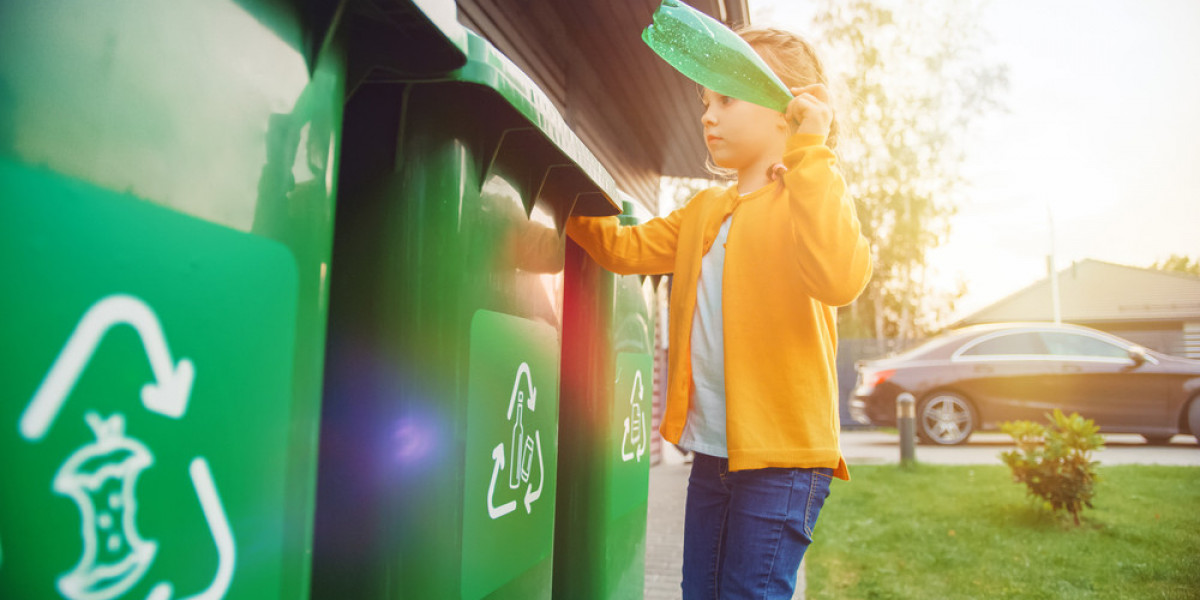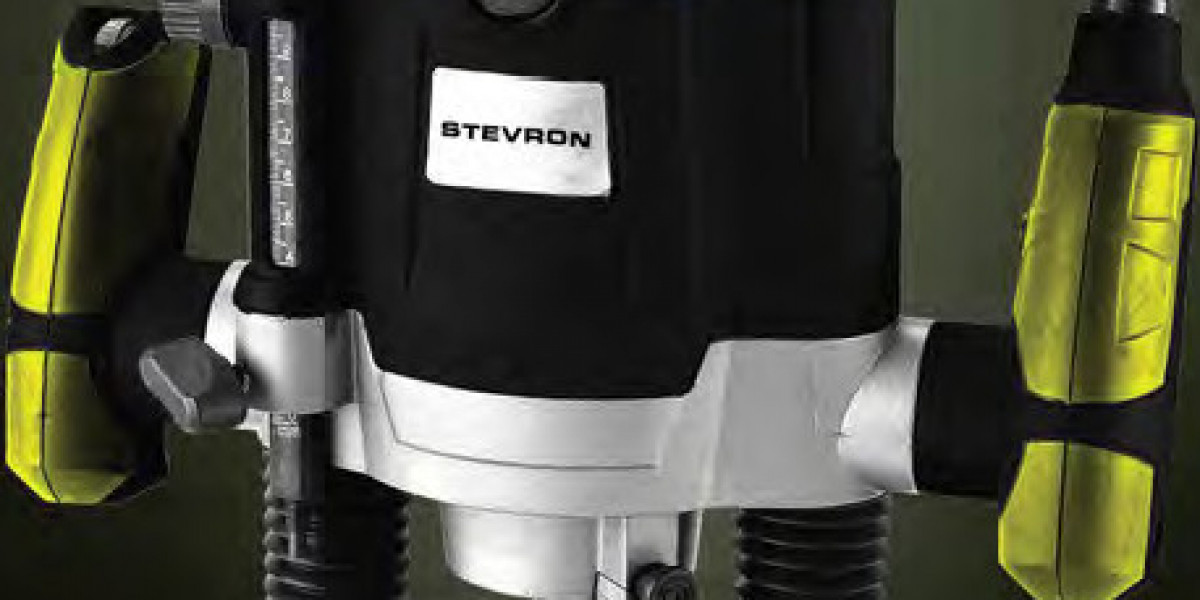Plastic waste has become one of the biggest environmental problems in today’s world. Recycling plastic bottles is an important way to cut down pollution, save energy, and protect natural resources. Every year, people use billions of bottles, but only a small number are actually recycled.
By learning how recycling works, we can better understand its benefits and the process of turning used PET bottles into new products. This knowledge not only shows us how recycling helps the planet but also reminds us why making sustainable choices in daily life is so important.
What is Plastic Bottle Recycling?
Plastic bottle recycling is the process of collecting used bottles, cleaning them, breaking them down, and turning them into raw materials for new products. Most beverage bottles are made from PET (Polyethylene Terephthalate), a material that is highly recyclable. Instead of ending up in landfills or polluting oceans, these bottles can be repurposed into useful items.
This system supports a circular economy, where waste is transformed into a resource. It reduces the demand for new raw materials, lowers greenhouse gas emissions, and allows PET bottles to be recycled multiple times without losing much quality. Recycled plastic can then be used to make products such as clothing fibers, packaging, furniture, and even new bottles.
The Environmental Importance of Recycling Bottles
1. Reducing Plastic Waste
One of the biggest reasons for recycling plastic bottles is to cut down on waste. Plastic bottles can take centuries to decompose, and when not disposed of properly, they pollute soil, rivers, and oceans. Recycling prevents millions of tons of plastic from entering the environment and damaging ecosystems.
2. Supporting a Circular Economy
Recycling extends the life cycle of materials. Instead of following a one-way path from production to disposal, bottles are reused and turned into new resources. This not only promotes sustainability but also supports industries that depend on recycled plastics.
3. Fighting Climate Change
Recycling uses far less energy than producing new plastic from petroleum. By saving energy, it reduces greenhouse gas emissions, making recycling an effective way to help slow down climate change.
4. Creating New Opportunities
Every recycled plastic product opens the door to eco-friendly alternatives. Recycled plastics can become bags, construction materials, packaging, or even new bottles. This saves valuable resources, encourages sustainable industries, and creates green jobs.
The Process of Plastic Bottle Recycling
Collection and Sorting
The first stage of plastic bottle recycling involves collection from households, businesses, or recycling centers. After collection, bottles are sorted based on type and color to ensure consistent quality. This stage is vital for efficient recycling.
Cleaning and Shredding
Next, bottles undergo cleaning to remove labels, residues, and contaminants. After cleaning, they are shredded into small flakes. These flakes are the foundation for creating a recycled plastic product, which can be processed into fibers, sheets, or pellets.
Melting and Repurposing
During PET bottle recycling, the flakes are melted and reshaped. They can be spun into fibers for textiles, molded into new containers, or manufactured into durable goods. Each cycle of recycling highlights the benefits of plastic recycling, ensuring fewer natural resources are extracted.
Transformation into New Products
Finally, the recycled material becomes something new. A recycled plastic product could be polyester clothing, carpet fibers, reusable packaging, or construction panels. This transformation shows how recycling is not just waste management but a creative way to build sustainable industries.
Benefits of Plastic Recycling
1. Conserving Natural Resources
Making new plastic uses up a lot of oil, water, and energy. Recycling reduces the need for these materials, helping us save valuable natural resources and protect the environment.
2. Saving Energy
Recycling plastic bottles uses much less energy than producing new ones. For example, recycling PET plastic can save around 60% of energy, making it both eco-friendly and efficient.
3. Protecting the Environment
When bottles are recycled, they don’t end up in landfills, rivers, or oceans. This helps keep our planet clean, protects wildlife, and prevents plastic pollution in nature.
4. Promoting Green Living
Recycled plastic can be turned into useful products like bags, clothes, and packaging. These eco-friendly items show that living sustainably is easy and encourage people to make greener PET Bottle Recycling: The Backbone of the Industry
Why PET Bottles?
Most drink bottles are made from PET (Polyethylene Terephthalate) because it is light, strong, and safe to use. Another big reason is that PET can be recycled many times without losing its quality.
How PET Recycling Works
The process is simple:
Bottles are collected.
They are washed and cleaned.
The bottles are cut into small pieces (called flakes).
These flakes are melted and made into raw plastic.
This recycled plastic can then be used to make new bottles or other products like clothes, bags, or containers.
Rising Global Demand
Today, more companies are choosing recycled PET (rPET) because people want eco-friendly products. rPET is now widely used to make clothing, packaging, and reusable items. This growing demand shows how important recycling is around the world.
PET in Daily Life
Recycled PET is part of many everyday products. It can be turned into a t-shirt, a reusable shopping bag, packaging or even furniture. Because it can be used in so many ways, PET recycling is one of the most effective ways to reduce plastic waste.
Recycled Plastic Products: From Waste to Value
Everyday Products
Recycled plastic is part of many things we use every day. Old bottles can be turned into packaging, clothes, insulation or even outdoor furniture.
Creative New Uses
Recycling is moving beyond the basics. Today, companies make eco-friendly building materials, sports gear and even fashion items from PET plastic. These products show just how useful recycling can be in different areas of life.
Business and Industry
Recycled plastic also helps businesses. It lowers production costs and supports green branding. Pipes, tiles and industrial containers are just some examples of how industries put recycled plastic to work.
A Greener Future
Plastic bottle recycling turns waste into value. By choosing recycled products, we save resources, cut pollution and move closer to a cleaner more sustainable future.
Challenges in Plastic Bottle Recycling
Contamination Issues
For plastic bottle recycling to be successful, bottles must be free of food, liquid, and chemical residues. Contamination reduces efficiency and may prevent certain materials from being reused.
Lack of Awareness
Despite the clear benefits of plastic recycling, many communities lack awareness or access to recycling facilities. Education is crucial to improving participation rates.
Market Fluctuations
The price of virgin plastic sometimes drops below recycled plastic, making it difficult for PET bottle recycling industries to stay competitive. Governments and organizations need to support recycling initiatives to ensure stability.
Quality Concerns
Not all recycled materials are of equal quality. However, advances in technology are making it easier to create high-quality recycled plastic products that match or exceed virgin alternatives.
How Individuals Can Contribute
1. Separate Waste Properly
Always separate plastic bottles from general waste. This makes collection and recycling faster and more effective.
2. Support PET Recycling
Choose drinks that come in PET bottles whenever possible, and make sure to place them in recycling bins. This helps keep PET in use instead of in landfills.
3. Buy Recycled Products
Support recycling by buying products made from recycled plastic. Each purchase encourages companies to produce more eco-friendly items.
4. Spread Awareness
Share the importance of recycling with family, friends, schools, and workplaces. The more people who join in, the bigger the impact on our planet.
Conclusion
Recycling plastic bottles is more than just handling waste. It is an important step toward a cleaner and greener world. Recycling saves resources, uses less energy, protects nature and encourages people to live more sustainably. PET bottle recycling is especially important because it allows billions of bottles to be reused instead of thrown away. Every recycled product we use is proof that recycling works and adds value.
By recycling every day, choosing products made from recycled plastic and inspiring others to join in, we can turn plastic waste into something useful.Together, we can reduce pollution, protect the planet and build a better future for the next generations.








